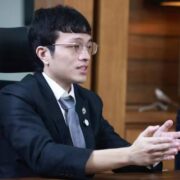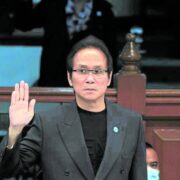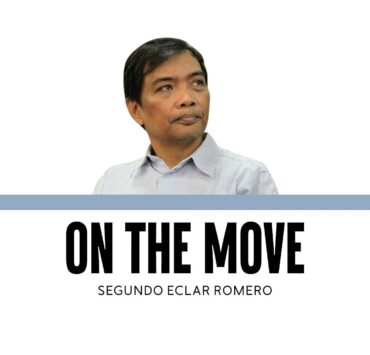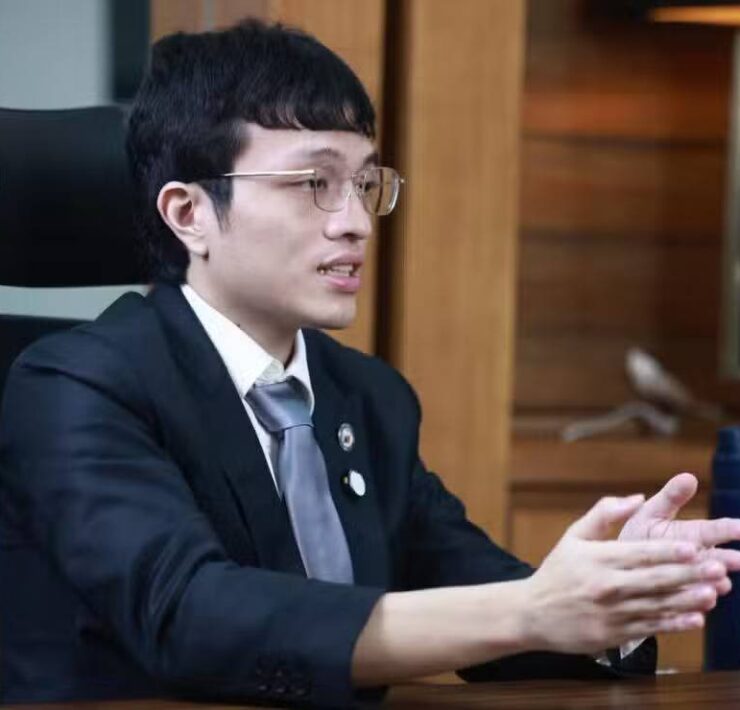‘Quezon,’ ‘Heneral Luna,’ and the middle class
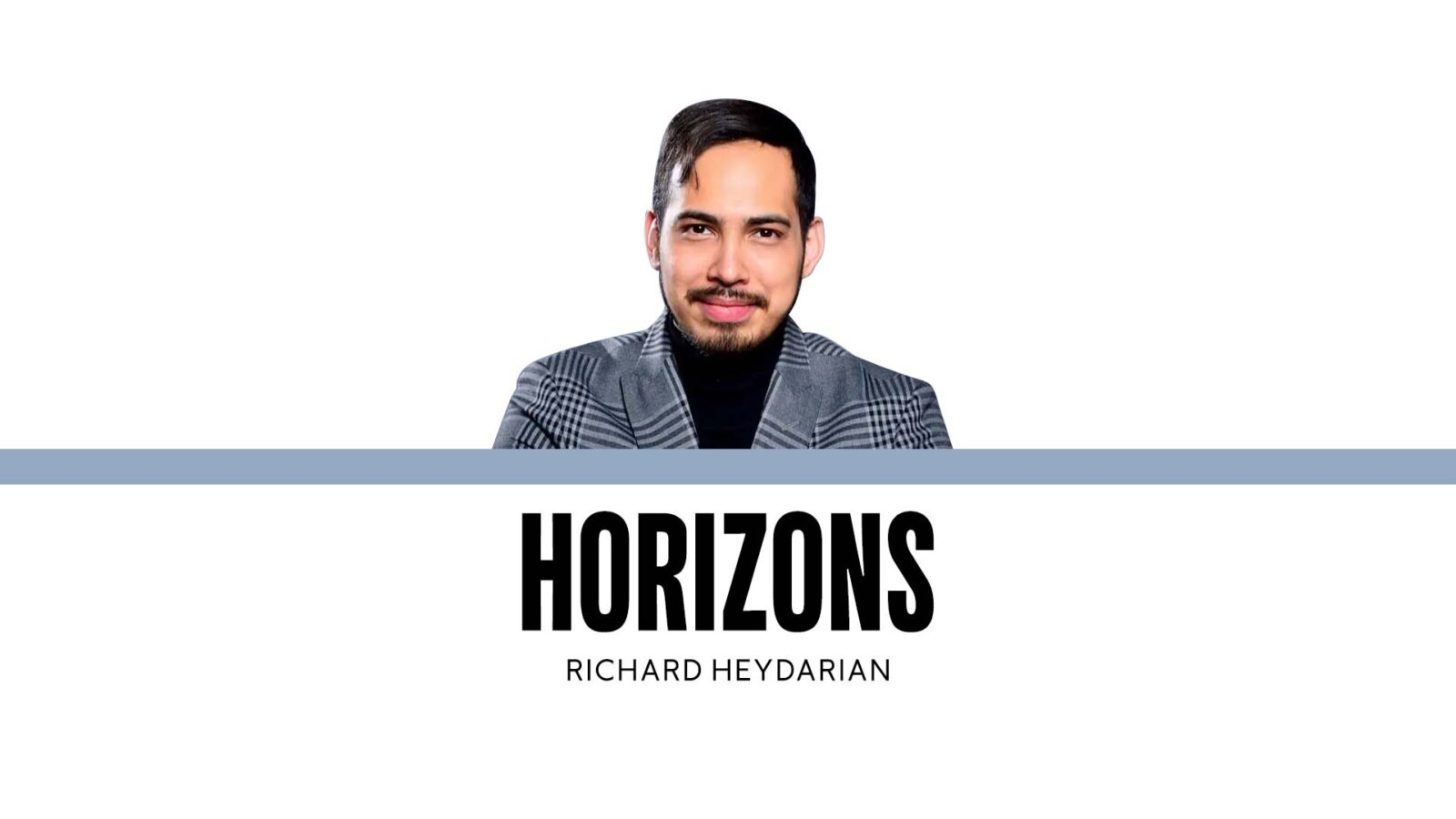
There are few things as dispiriting as political cynicism—the scourge of democratic politics. I can’t, however, blame our folks for succumbing to spasms of cynical lamentations. The numbers are staggeringly depressing. According to the Second Congressional Commission on Education’s report, the number of “functionally illiterate” Filipinos nearly doubled from 14.5 million in 1993 to 24.8 million today. Even accounting for our substantial population increase in the past three decades, we are still talking about a quarter of our population lacking the requisite training to fulfill their potential in an increasingly globalized economy.
The upshot for our democracy is doubly troubling: the (i) denial of the opportunity for millions of Filipinos for self-actualization and the pursuit of happiness; and (ii) the tragic creation of a potential ”underclass,” which has both dire economic and political implications. Our chattering classes and middle-class thought leaders, however, were quick to revert to elitist tropes by, inter alia, warning of the doubling of the supposed “bobotante” class. The narrative of “disinformation” and “voter manipulation” has, accordingly, gained greater credence.
What these self-assured and sanctimonious commentators, however, tend to overlook is the blatant failing of reformist politics, which oversaw the deepening of the education divide and economic inequality decades after the fall of the Marcos dictatorship. Our education system was already in trouble well before the predatory Duterte-Marcos axis colonized our state institutions. Instead of blaming the unfortunate “functionally illiterate” folks, we should critically examine the root causes of the education crisis.
What the false bobotante narrative also overlooks is this: Our supposedly functionally literate middle class is not so politically literate. Nothing better captures this than Jerrold Tarog’s “Bayaniverse” trilogy, which aesthetically mirrors the toxic cynicism of our supposedly enlightened classes. This was not the director’s intention, but the trilogy has this functional implication: “Heneral Luna” is the seduction of the strongman, while “Goyo” is aestheticized vacuity—namely, “vibes;” as for “Quezon,” it’s a treatise on the innate hopelessness of parliamentary-procedural democracy.
The final installment, “Quezon,” has drawn both controversy and criticism for good reasons. In the (seemingly admiring) words of Bart Guingona, the movie was a “cynical post-modern take on Philippine politicians reflecting our own present-day political climate.” Perhaps the best sociologically oriented review of the book came from one of the grandsons of our founding father. As Manuel L. Quezon III rightly observed in these pages, the (aesthetic) strength of the movie is also its (intellectual) weakness, namely elimination of “nuance” in order to pander to the “comforting confirmation of the biases of the audience.”
The “Bayaniverse” trilogy clearly appeals to the new middle class—namely, the aspirational ”upper C” and more entrenched ”B” demographics, which lean illiberal and traffic in anti-pluralistic chatter. In the words of Quezon III, the post-Edsa middle class is “dismissive of both the electoral process and the electorate as gullible … perfect dupes for politicians who can only be duplicitous, and in cahoots with a population unwilling to listen to their betters—the middle classes.”
Dismayed by the failure of reformist politics and bolstered by the moralism of more civic-minded cohorts, the new Filipino middle class has not only been a reliable market for Tarog’s oeuvre but also a staunch base for the Duterte-Marcos axis.
Both exit polls and final preelection surveys show that “ABC” and the highest educated voters were proportionally the most enthusiastic supporters of the Duterte dynasty and the return of the Marcoses to Malacañang. If anything, surveys show that the most reliable base of support for liberal-progressive candidates such as Leni Robredo, Mar Roxas and Francis Pangilinan tended to come from class “E,” the most marginalized sector.
If that is not shocking enough, think of this: six out of 10 “ABC” respondents expressed “trust” in former President Rodrigo Duterte a month into his detention at the International Criminal Court on charges of crimes against humanity! As the great Filipino sociologist Walden Bello argued in his autobiography, “Global Battlefields,” a comparative study of middle classes in a dozen nations from Chile to Thailand and India, shows that “middle classes were not necessarily forces for democratization” but instead a “Janus-faced class,” which sometimes struggled against “elites defending their power and privileges” but also turned reactionary “when confronted with lower classes seeking a revolutionary transformation of society.” The implication is clear: we need to enhance political-civic education among our middle classes, too.
—————-
richard.heydarian@inquirer.net





